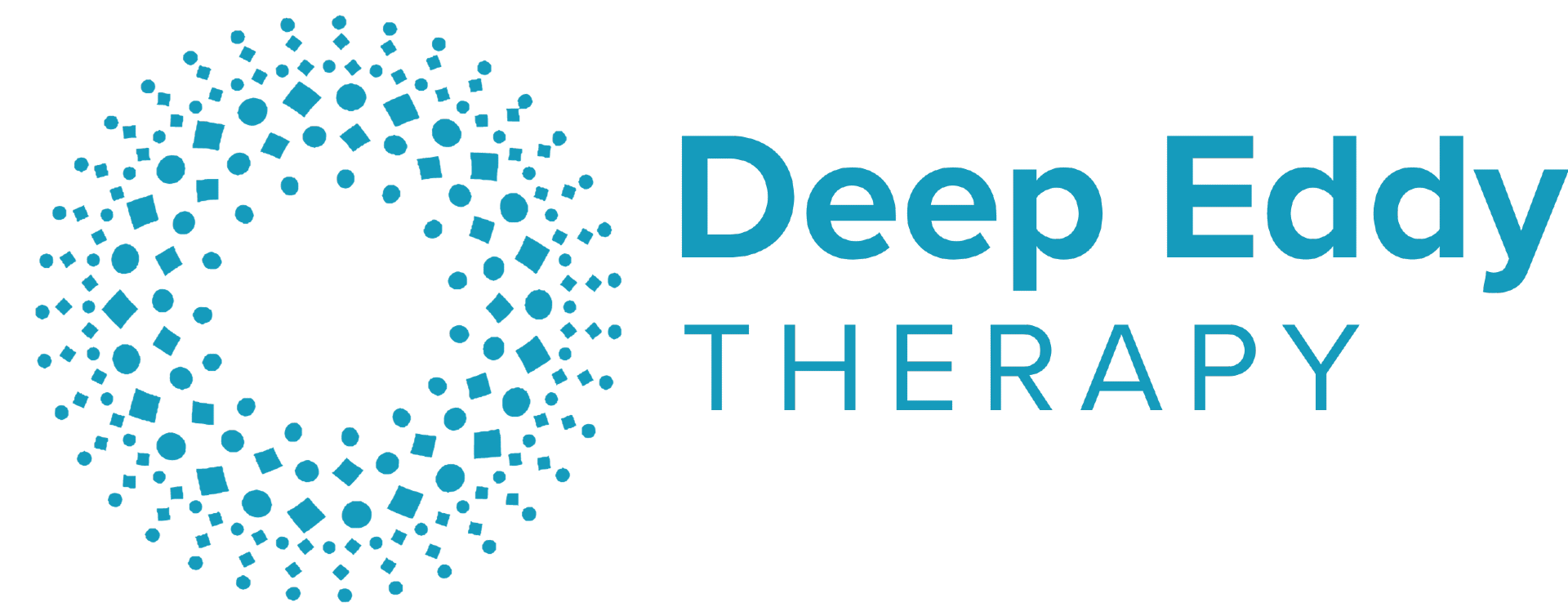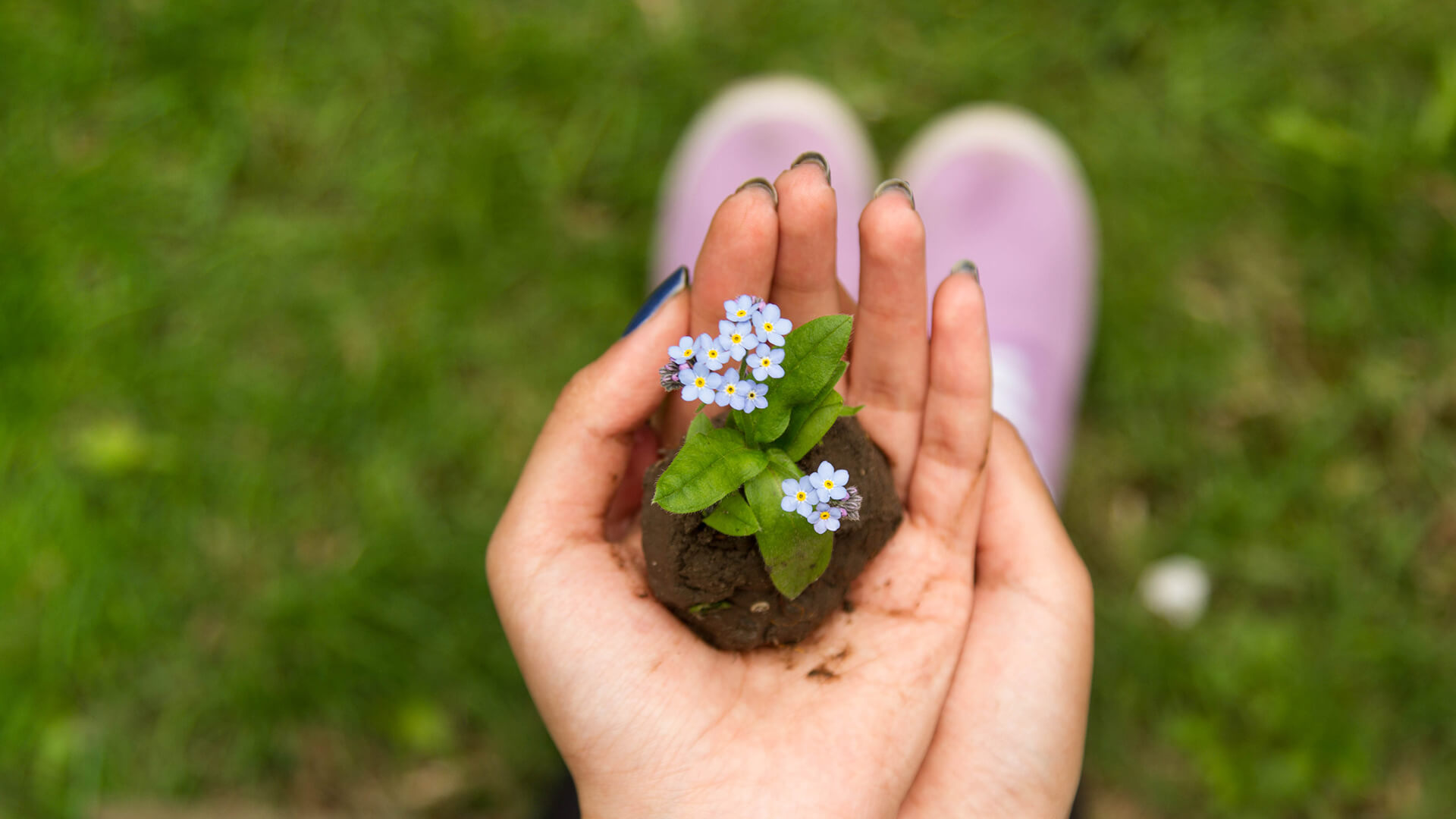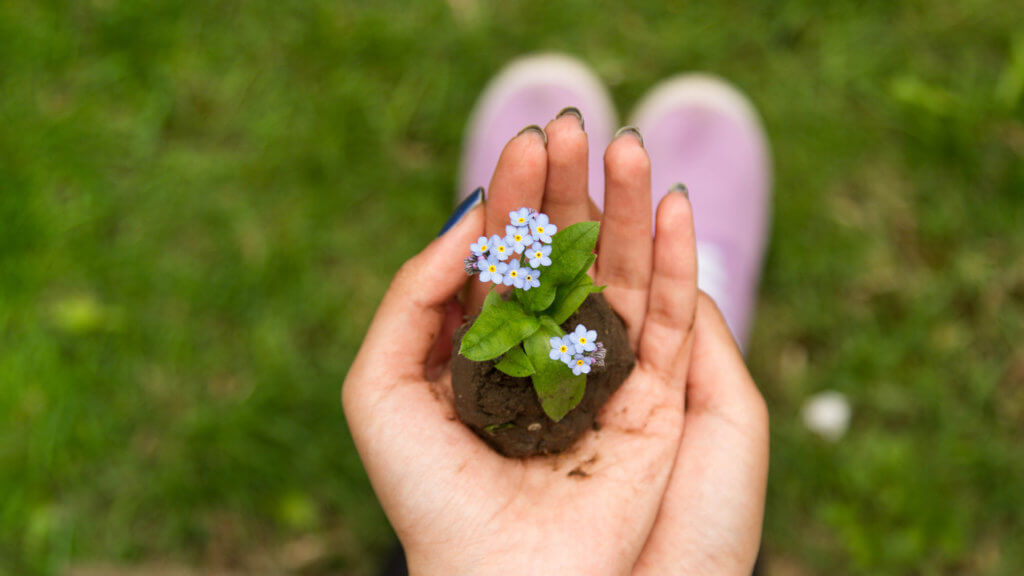Self-care during the COVID-19 pandemic
As the impact of the COVID-19 pandemic spreads into every domain of life, our mental health is no exception. Here are four simple means of effective self-care during the trauma of the COVID-19 pandemic.
1 – Stay connected
As humans we have a need to be seen, heard, and felt. This is particularly true when we feel overwhelmed and anxious. In my opinion, there are at least three types of connections that can help us cope with anxiety related to COVID-19: loved ones, mental health professionals, and the bigger picture.
Loved ones
Our instinct can be to hide our feelings and isolate when we are struggling–even from our romantic partner or close loved ones. It is vital that we instead turn toward our others instead of away during times of stress because our nervous systems are most easily regulated by other people. Opening up to another can feel quite vulnerable and risky, but the reward can be tremendous.
My partner is great at holding space for me to share my inner experience. However, in times of stress my default pattern is to hunker down in self-sufficiency. When I turn back towards my partner I often find that the thoughts and feelings I was hiding out of anxiety or shame are actually understandable and relatable.
If you have a partner, friend, or family member that you trust with your emotions, you might ask, “Can I share with you how I’m feeling during this time of social distancing?”
Mental Health Professionals
Not all of us have a trusted individual in our lives all the time. Sometimes we do, but those individuals might be preoccupied with their own emotions, especially during a crisis such as this. Having the support of a mental health professional can be incredibly beneficial to help regulate your emotions.
Continuing my personal therapy online through this crisis has been essential for me. If you don’t have a therapist and are interested in connecting with one there are many online teletherapy options. Our entire practice here at Deep Eddy is operating online at the moment. You can visit our website at deepeddypsychotherapy.com, call/text us at 512-956-MIND (6463), or email us at scheduling@
The Bigger Picture
“Our journey is about being more deeply involved in life and yet, less attached to it.” – Ram Dass,
You don’t need to be religious or consider yourself “spiritual” to be connected to the bigger picture or something greater than yourself. Having a connection to the big picture of life can be grounding during so much uncertainty.
If your bigger picture connection is service, you might offer some of your business pro bono during this time. If your bigger picture is through a particular religion, you might do the spiritual practices of your tradition such as prayer and meditation. For me, my bigger picture is my own journey of self-healing and empowering others to do so as well.
They key to effective connection: vulnerability in safe relationships.
2 – Keep one daily promise to yourself
During times of stress we are acutely aware of how much of life is out of our control. Focusing on what we can control by making and keeping small promises to ourselves can increase our sense of self-esteem and self-trust.
Psychologist Dr. Nicole LePera developed the practice of keeping a “Future Self Journal.” She explains that keeping just one daily promise to yourself of a ritual or habit empowers us to shift from subconscious reactivity and into conscious choice.
Keeping a daily promise journal can be as simple as writing down on a notepad or in your smart phone: Today I will ____ (exercise for 30 minutes, meditate for 5 minutes, or call a friend), and then follow through.
Even a small sense of empowerment is so valuable right now in a changing world with so much we can’t control.
The keys are: small promises, choose things for yourself, and do it daily. I personally choose to write this out each morning in my journal and check-in during the evening on how my promise went.
3 – Breathe deeply
Deep breathing signals our body and mind that we are safe and therefore reduces our anxiety. The exhale seems to be the most important part for the brain to think we are relaxed and to therefore respond with the other aspects of the body’s relaxation response. Elongate the exhale and make it longer than the inhale.
Breathing responds to threat before we even know the threat is there. If someone you perceive as dangerous walks into a room, for instance, your breath will become more shallow before you even have time to consciously notice the person. Your shallow breath then begins a cycle of your body’s threat response. That cycle is why slowing the breath is so critical–it communicates to the brain that we can relax.
Integrative medicine practitioner Dr. Andrew Weil recommends a simple 4-7-8 breathing exercise:
-
Inhale through your nose to the count of 4
-
Hold your breath to the count of 7
-
Exhale to the count of 8
The key is consistent practice. For example, I’ve made a habit of practicing three, 4-7-8 sequences each time I get into bed. Regular practice helps remind my brain to utilize this deep breathing exercise in moments of high stress.
4 – Move your body
We can have a positive influence on our thoughts, feelings, and overall mood by simply moving our bodies. Physical activity completes the stress response cycle by releasing the energy the body martialed to deal with perceived threat and allowing the body’s instincts to do something to be acted out and relieved.
Examples of movement for your mental health are:
-
Exercise or yoga in your living room (In case it’s helpful, there are many online resources available to help you such as https://www.fitnessblender.
com/ and yogawithadriene.com) -
Going on a run in your neighborhood
-
Dance party with your family or roommates
The key is intensity: break a sweat and raise your heart rate.
Obviously, there are many more methods of taking care of yourself and coping with all that’s happening. Use what is most helpful to you. If anything stands out from this list today, experiment with it and reflect on how you feel afterward. Trust your intuition and reach out for support when you need it.
by: Sean Williams, Deep Eddy Psychotherapy Scheduling Team


